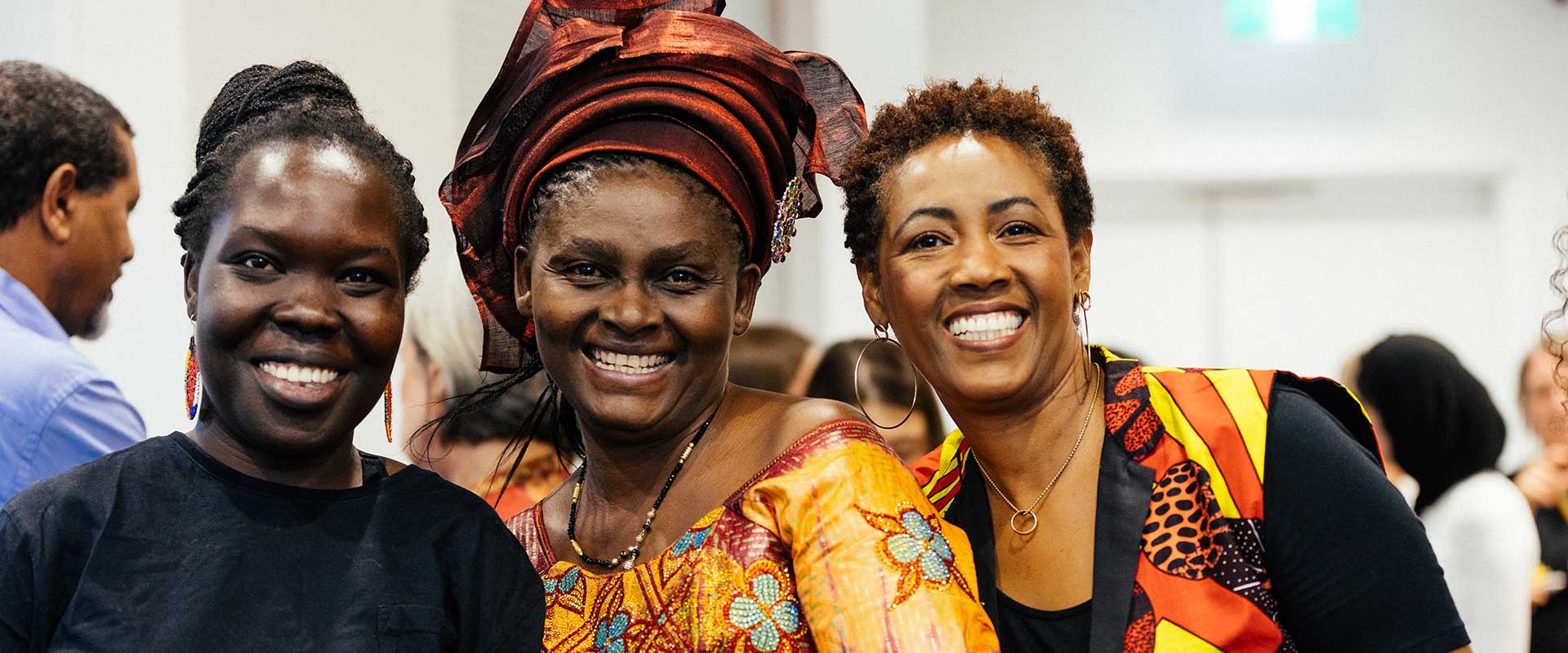CALD COVID Health Engagement Project (CCHEP)

About the Project
Queensland Health funded the CALD COVID-19 Health Engagement Project (CCHEP), a partnership driven initiative supported by eight partner organisations, managed by the Refugee Health Network Queensland (RHNQ), and auspiced by Mater Refugee Health. The project aimed to make sure the needs of CALD communities across Queensland were heard and addressed.
CCHEP worked along side the Community Connector Advisor role at Australian Red Cross to engage with the sector.
Project Partners
- Queensland Health
- CALD Communities in Queensland
- Multicultural Australia
- SSI (Access Community Services)
- QLD African Communities Council (QACC)
- Qld Program of Assistance to Survivors of Torture and Trauma (QPASTT)
- Australian Red Cross
- Metro South HHS
- Mater Refugee Health
- Brisbane South PHN
- Multicultural Affairs Qld
- World Wellness Group and Ethnic Communities Council Qld also joined the partnership.
Project Activities
- Worked with CALD communities to provide in-language information and resources about COVID-19, vaccinations, booster vaccines, and living with COVID
- Provided advice and support to Qld Health in responding to COVID-19 emerging issues
- Shared messages about restrictions in Plain English and some languages to communities
- Supported CALD Communities to deliver online forums or workshops
Project Principles
- Collaboration – regular, open and honest communication, valuing of each partners’ strengths and resources to enable inclusive and sustainable systems advocacy.
- Equity – Improved equity of access to information and services. Actively pursuing marginalised communities
- Community Development – empowering and supporting communities to take collective actions, within a strength-based framework.
- Capacity Building – of service providers, government and policy makers – how to work together, engage meaningfully with CALD and refugee communities, and to be culturally responsive.
Resources
- The Living with COVID-19 content guide for CALD audiences – Queensland Health
- Living with COVID Presentation – available for use by communities.
- QH Health – Translated Resources – Information for multicultural communities about COVID-19 in Queensland
- Evaluation of a collective response initiative to engage CALD communities in COVID-19 Health Communication – Report (July 2021) and Evaluation Summary
- Watch the video of Dr Bridget Abell presenting the findings of the evaluation of CCHEP (Dec 2022)
